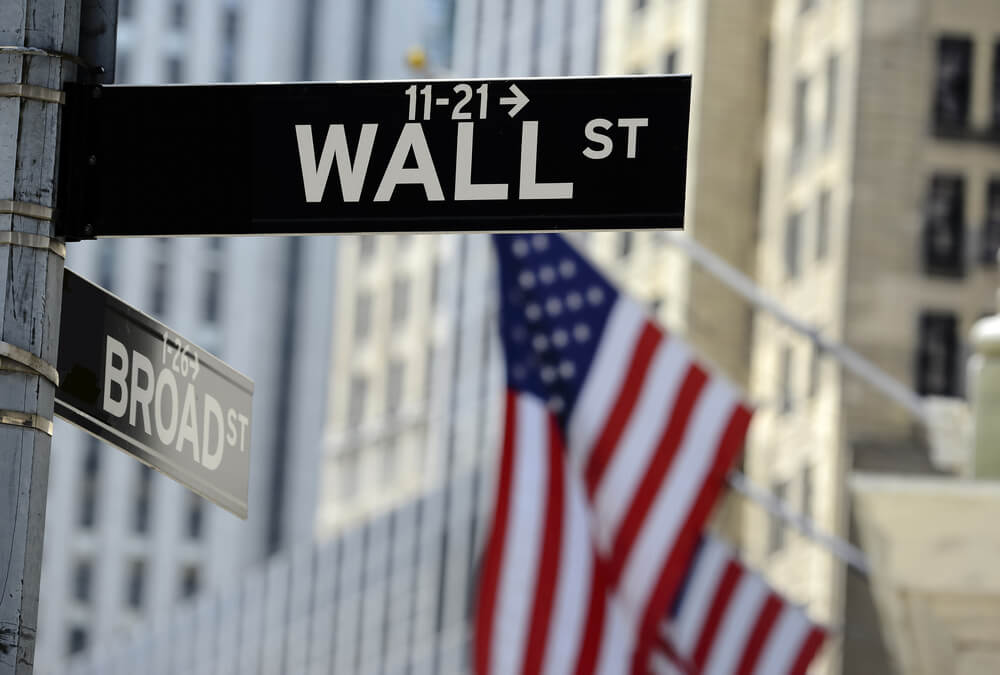The current record bull market is back rumbling along Friday after a couple of terrible days that saw the Dow Jones tumble 1,300 points while the S&P 500 lost 5 percent of its value Wednesday and Thursday.
Through afternoon trading, the Dow is up about 140 points while the S&P is up 20 and the Nasdaq is up 103.
MarketWatch published a story Thursday with a few tips on how to beat Wall Street, highlighting some info from Morningstar’s Active/Passive Barometer, a semiannual report that measures the performance of active vs. passively managed funds within their respective Morningstar categories.
The report advises investors on whether they should use expensive, actively managed funds or low-cost index funds that track the market. MarketWatch’s Mitch Tuchman says the answer is clear: “More than ever, just own index funds.”
The newest edition of the barometer report holds that just 36% of active managers beat their indexing peers.
That means you had a one-in-three chance of picking a manager who could give you a return better than a broad index fund of the same investment type, after subtracting their fees.
Put another way, roughly two out of three managers would have lost you money compared with owning an index fund.
That figure was 43% last year, so things are getting worse, not better. Of the 19 fund categories tracked by Morningstar, 15 lost ground in this updated review.
Picking Stocks
Aside from a couple of major declines in February, the stock market is up from June 2017 through June 2018. While optimists would look at the market volatility and imagine cleaning up, while a pessimist would have bailed at the first sign of trouble.
And a realist would have done what the index-fund investor did by default — ignore the month-to-month movement of the stock market — and come out well ahead of the pack of supposed professionals.
At least one category, intermediate bond managers, had better luck. More than 70% of them beat their indexes net of fees.
Morningstar says weakness in the majority of investment categories is due to managers trading rather than simply buying and holding.
“Stylistic headwinds and tailwinds explain some of the fluctuations in active-fund success. Also, active managers tend to have difficulty keeping up with index funds in strong markets, as many will keep cash on hand to make opportunistic investments or meet redemptions,” they wrote.
“The resulting cash drag can weigh on their performance.”
Expensive Hobby
Over time, the picture doesn’t get much better.
“Most active managers’ long-term track records leave much to be desired,” the authors concluded.
“In general, actively managed funds have failed to survive and beat their benchmarks, especially over longer time horizons.”
So when, according to Tuchman, is the best time horizon is there to invest?
If you put cash into stocks and bonds in hopes of a short-term “win,” frankly, that’s not investing. It’s trading.
Trading stocks is an OK hobby, but it’s an expensive one. Every dollar you lose today fails to compound for your future, forever.
The cost of trading is not short term. It’s always long term — unless you’ve found a way to accurately identify stocks with their biggest appreciation still ahead of them.
If you have, well, you’re beating Wall Street soundly at its own game, one that a strong majority of professional investors on Wall Street does not win over time.
Some managers can, sometimes. Most don’t. In fact, your real chance to beat Wall Street lies squarely in not playing their costly, conflict-filled game in the first place.
